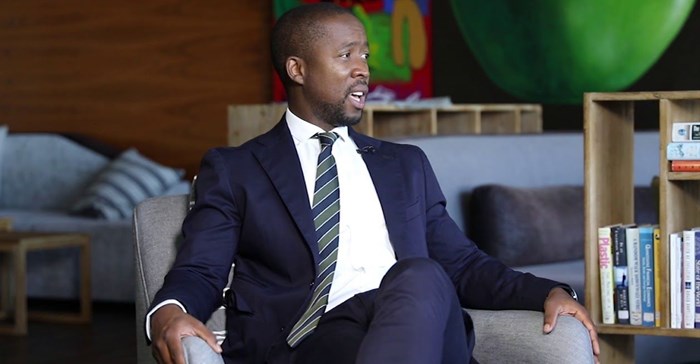Sustainability is front and centre on the investing landscape

Sustainability is no longer a nice-to-have afterthought when it comes to investing. Therefore, it is crucial for all participants in the financial ecosystem - asset owners, asset managers and issuers - to play a proactive and coherent role in creating long-term sustainable outcomes for all stakeholders, Khaya Gobodo, managing director of Old Mutual Investment Group, said at the Batseta Winter Conference 2018.
“We are at a pivotal point in the search for sustainable solutions for South Africa and there is an increasing opportunity for capital allocators to partner with government in driving these solutions.
Sustainable Development Goals
"We have seen a call to action with the launch of the UN Sustainable Development Goals (SDGs) in 2015 that made it clear that the global community relies heavily on the private sector to solve some of the most urgent sustainability problems it is facing. Both companies and institutional investors are being asked to contribute to the SDGs through their business activities and investment decisions," he said.
“In South Africa, the leading current thinking around sustainability for the country is what is currently in the National Development Plan, where there is considerable alignment with SDG.”
Gobodo believes that investors should be placing more emphasis on the social element of the ESG lens. “One of the most significant impediments to a truly sustainable economy is the unbridled inequality we experience in this country. This is why black economic empowerment and transformation are such pivotal conversations for us to have as South Africans.”
He added that beyond the transformation of the industry, driving increasing investment in social infrastructure will lead to the kind of change that positively affects the lives of ordinary South Africans.
“Historically, sustainable impact has only been measured for impact funds and has tended to focus on the number of jobs created, number of schools opened and the number of houses with access to electricity and sanitation. But should impact be limited to impact funds only?”
Regulation 28
Gobodo noted that investors should be asking how to measure the social impact of change via alternative investments such as new roads, less pollution and alternative energy such as wind and solar, which ultimately improves the quality of life for many. However, there simply isn’t enough reporting by traditional funds and by corporates on the social impact of their chosen activities.
“Regulation 28, via draft guidance currently out for public comment, will potentially change this, including for retirement funds and its members.”
The draft guidance sets out the requirement of funds to report on sustainability practises.
When considering long-term capital for change, Gobodo pointed out that the future will bring a changing landscape for non-traditional asset classes.
“Renewable energy has been the most recent innovation we’ve seen in this space, which attracted significant amounts of capital and contributed to the country’s energy needs. Ultimately, a corporative and engaged state paved the way for this success, providing a clear framework and revenue security.”
“Water may be the next frontier, with access to basic sanitation and water to rural parts of SA and affordable healthcare infrastructure presenting further opportunities.”

























